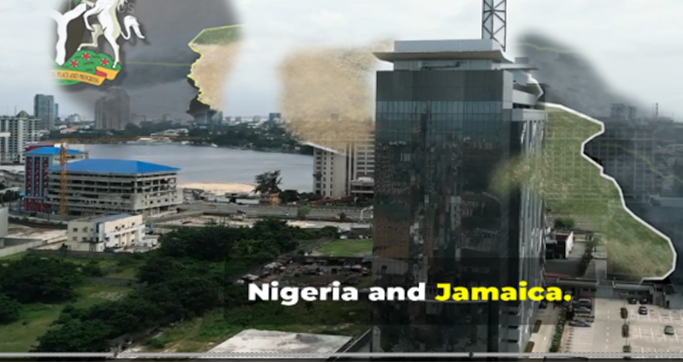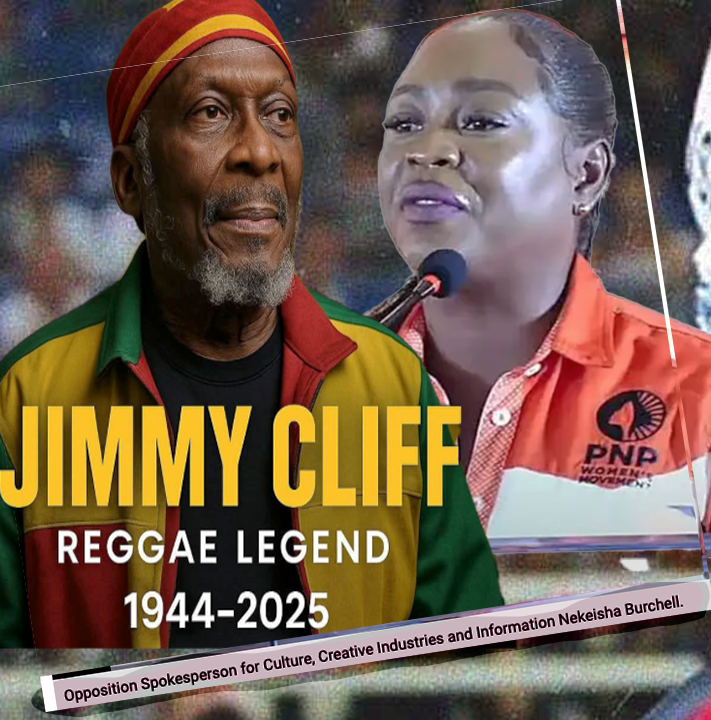Beneath the surface of Jamaica’s picturesque landscapes and vibrant culture lies a harsh reality of hidden struggles and exploitation that many locals endure. The island’s booming tourism industry, while a significant contributor to the national economy, often fails to uplift the communities that are most in need. Many Jamaicans work in low-wage, seasonal jobs within the tourism sector, such as in hotels, restaurants, and as street vendors, with limited opportunities for economic advancement. The influx of tourists and foreign investments primarily benefits large multinational corporations, while small, locally-owned businesses struggle to compete, leaving a significant portion of the population marginalized and economically vulnerable.
This disparity extends beyond mere economic challenges, as the environmental and social impacts of tourism also take a toll on local communities. The development of luxury resorts often leads to the displacement of residents, loss of access to natural resources, and environmental degradation, further exacerbating the struggles faced by those living in poverty. The allure of Jamaica’s natural beauty and cultural richness masks these underlying issues, creating a façade that hides the exploitation and inequities that persist in the shadows of the island’s thriving tourism industry. Addressing these challenges requires a more inclusive approach to tourism that ensures the benefits are shared more equitably among all Jamaicans. also take a toll on local communities. The development of luxury resorts often leads to the displacement of residents, loss of access to natural resources, and environmental degradation, further exacerbating the struggles faced by those living in poverty. The allure of Jamaica’s natural beauty and cultural richness masks these underlying issues, creating a façade that hides the exploitation and inequities that persist in the shadows of the island’s thriving tourism industry. Addressing these challenges requires a more inclusive approach to tourism that ensures the benefits are shared more equitably among all Jamaicans.






come and join me at moomoo!Sign up via my referral link now and claim 8.1% APY and up to 15 free stocks!
account when you invite 3 or more friends to sign